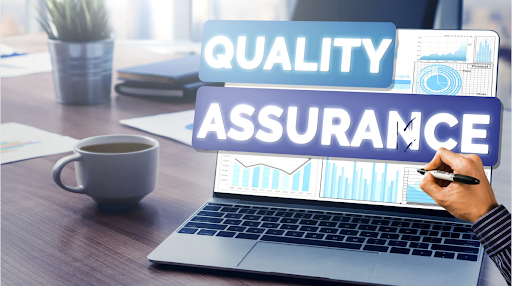In the digital age, protecting customer payment data is more critical than ever. Businesses that handle card payments must comply with global security standards and that’s where PCI DSS Certification comes into play.
Whether you’re an IT professional, a compliance officer, or a cybersecurity enthusiast, becoming a Certified PCI DSS expert is a smart career move. But certification is just the beginning. What truly matters is how you apply your knowledge in real-world environments.
This blog outlines a simple roadmap for professionals who’ve earned their PCI DSS certification and are now ready to implement it effectively.
What is PCI DSS?
PCI DSS (Payment Card Industry Data Security Standard) is a set of security standards developed by major credit card companies like Visa, MasterCard, and American Express. It ensures that all companies processing, storing, or transmitting credit card information maintain a secure environment. These standards help protect cardholder data from breaches, theft, and fraud.
According to Verizon’s 2024 Payment Security Report, only 43% of organizations maintained full compliance with PCI DSS requirements, which highlights the importance of qualified professionals who can implement these standards effectively.
Why PCI DSS Certification Matters
A certification in PCI DCC not only proves your understanding of the standard but also demonstrates your commitment to securing sensitive payment information. It builds trust with employers, clients, and stakeholders — especially at a time when data breaches can lead to millions in losses.
Here’s why earning a PCI DCC certificate is essential:
- Career advancement: A Certified PCI DSS professional is highly valued in cybersecurity, compliance, and financial sectors.
- Compliance assurance: Certified experts can help organizations avoid costly penalties and reputational damage.
- Credibility and trust: Certification validates your skills and can open doors to global job opportunities.
The Roadmap: From Certification to Implementation
1. Understand Your Role
Once you’ve earned your PCI DSS certification, the first step is understanding your responsibilities. Whether you’re auditing systems or advising management, your role is critical to ensuring compliance.
2. Assess the Current Environment
Begin with a gap assessment. This involves reviewing your organization’s current policies, procedures, and technical setups to identify where they do not meet PCI DSS standards.
Use official tools like the Self-Assessment Questionnaire (SAQ) and Attestation of Compliance (AOC) to guide your evaluation.
3. Build a Compliance Strategy
After identifying gaps, create an implementation plan:
- Prioritize high-risk areas (e.g., storage of cardholder data, network access).
- Establish clear policies and employee training programs.
- Work with IT teams to apply technical controls like firewalls and encryption.
4. Implement Technical Controls
As a Certified PCI DSS professional, you’ll need to ensure that security controls are applied across systems:
- Encrypt transmission of cardholder data
- Maintain a secure network using strong firewalls
- Regularly update and patch systems
- Limit access to sensitive data based on job roles
5. Conduct Internal Audits
Internal audits are essential to maintaining continuous compliance. They help detect vulnerabilities before they become serious issues. Use checklists based on the PCI DSS 4.0 framework and keep documentation up to date.
6. Prepare for External Assessment
For companies handling large volumes of transactions, a Qualified Security Assessor (QSA) will perform an official audit. Your role is to ensure everything is in place for a smooth assessment — from technical controls to detailed documentation.
Future-Proofing Your Skills
PCI DSS is constantly evolving. As technology and threats change, so do the standards. That’s why ongoing learning is important. Engage in refresher courses and advanced levels of PCI DSS certification to stay relevant in the field.
Earning your PCI DCC certificate is a major milestone, but it’s just the start of your journey. By actively applying your knowledge, conducting audits, and driving compliance efforts, you contribute to a safer digital economy.
With global payment fraud losses projected to exceed $38.5 billion by 2027 (Nilson Report), the demand for certified PCI DSS professionals has never been greater. Use your certification as a launchpad to make a real impact — in your organization and the broader world of cybersecurity.



